European Gaming News
Five years, five biggest lessons learned in New Yersey’s online gambling
 Reading Time: 5 minutes
Reading Time: 5 minutes
On February 26, 2013, New Jersey celebrated a historic milestone. It was on that day that then Governor Chris Christie signed Assembly Bill 2578, which legalized online poker and casino games in the state, into law.
Exactly nine months later the first regulated sites went live. And while the industry was not without its growing pains, it has proven an overwhelming success, generating over $130 million for state coffers and contributing to the revitalization of downtrodden Atlantic City.
In this retrospect we take a look at some of the biggest lessons learned during the industry’s first five years, paying particular attention to unexpected trends that threw analysts for a loop. New states considering iGaming legislation can look to these examples in order to glean a better perspective as to how to max out their own industries.
1 — Outrageous projections are damaging
Exaggerated revenue projections are nothing new, especially in regard to nascent industries. But when those predictions are so outrageous that the new industry has absolutely no chance of meeting expectations, it can have a long-term detrimental impact on public perception.
This is exactly what happened to the NJ online gambling industry.
Conservative estimates projected $200 – $300 million in first-year revenue; lofty but attainable under the right circumstances. They weren’t the problem. It was Morgan Stanley‘s estimate of $1 billion, and Chris Christie’s own projection of $1.2 billion which made headlines, ultimately putting the industry in an unenviable spot.
How Christie derived this figure is anyone’s guess, but we suspect it has something to do with bolstering his political clout. Unfortunately, when the industry posted first-year revenue of $122.9 million — a very respectable number — it was widely viewed as a colossal failure. As a result, other state legislators shied away from online gambling, and it wouldn’t be until 2017 that another state (Pennsylvania) legalized the activity.
Thankfully, industry operators weren’t deterred by the negativity. Last year, NJ online gambling generated $245.6 million, and in January 2018, it set a new high-water mark for monthly revenue.
States on the fence about iGaming legislation are advised to look at this growth trajectory, and not be fazed that NJ online gambling sites didn’t live up to the bombastic predictions set forth by Christie in 2013.
2 — Online casino is the new online poker
When Black Friday forced PokerStars, Full Tilt, and other major online poker brands out of the US in 2011, players were rightly devastated. At the time, poker was something of a national pastime in the states, and its sudden removal cost many residents their livelihood, and a significant number their jobs.
By 2013 online poker was well past its popularity peak, but that didn’t prevent players from becoming enthused about its return to New Jersey. Unfortunately, these players were met with a hard reality early on, that this new online poker market was merely a shadow of its former self.
Most of the problem had to do with the capped liquidity of the NJ market. Prior to Black Friday, sites had a population reach in the hundreds of millions. Now their reach was just under 9 million. Factor in the industry’s various early struggles (payment processing limitations, geolocation failures) and traffic and revenue quickly floundered.
During those early days, operators poured countless marketing dollars into poker (remember 888’s 80% rakeback deal?), believing it to be the best use of their funds. They were wrong, and in being wrong they hindered the growth of online casino — a vertical that did not depend on high liquidity for success.
Since, they’ve learned their lesson and online casino sites have thrived. In 2017, online casino accounted for a staggering 90.1% of industry revenue.
Granted, we do think online poker will capture more market share in 2018, but that’s only because NJ has taken steps to rid itself of its liquidity problem, by forging a player pooling compact with Nevada and Delaware.
3 — What’s in a brand? Apparently, not everything
When NJ online gambling launched in November 2013, analysts believed that Caesars and Borgata sites would dominate the landscape. They did, for a time.
But it quickly became clear that over the long-haul, strong branding was only one piece of the puzzle. Nowhere was this more evident than on Golden Nugget licensed sites. A relatively small casino brand in New Jersey, at least compared to Borgata and Caesars, Golden Nugget purposely held back on its marketing spend for about a year, only to open the floodgates once other sites pulled back on their initial promotional blitz. It was also around this time that it picked up Betfair, a highly regarded international brand, under its license.
This one-two punch worked, and the positive results were amplified by the operator’s aggressiveness, resulting in a rapidly expanding game library, new formats, better software, and top-flight payment processing. Since, Golden Nugget has never looked back, and in January 2018 it became the first operator to generate over $7 million in a calendar month. For perspective, no other operator has ever pulled in $5 million.
Other smaller brands have also done well. Resorts, Atlantic City’s smallest casino brand and a latecomer to the online market, defied all odds and now accounts for significant market share. Why? Probably because its casino software and game libraries are second to none.
And for what it’s worth smaller brands are apparently making an impression on AC’s big hitters. Recently we’ve seen sites under the Caesars license make a host of improvements, and Borgata has been upping its online casino game considerably of late, via new games and creative promotions.
The lesson here is that smaller casino brands in other states have plenty of reason to lobby for iGaming, perhaps even more than bigger names, because the online space is a more level playing field.
4 — AC and NJ online gambling, perfect together
One of the chief concerns revolving around NJ online gambling was that the industry might cannibalize Atlantic City revenue. Not only were these worries quickly put to bed, but it was revealed that online gambling had a complementary impact on brick & mortar casinos.
As early as February 2014, three months after industry launch, it was shown that online and land-based players come from very different stock, with little overlap. Going further, a portion of these online players were incentivized to visit Atlantic City for the first time.
We’re not saying online gambling is the sole reason Atlantic City land-based gaming revenue has stabilized, but it’s certainly a factor.
Not only that, but iGaming has proven to bolster Atlantic City revenue under select circumstances. To wit, it was recently reported that AC revenue was down a sharp 10% in January, primarily due to a string of inclement weather early in the month. However, for that very same reason, online gambling soared to a new revenue record.
Without online to cushion the blow, AC revenue would have fallen by a much larger margin, and that’s worth something.
Unfortunately there are still some holdouts that earnestly believe online will cannibalize their business. Hopefully these misguided fears will be dispelled once proof mounts in other states that this is not the case.
5 — Live Dealer proves a critical addition
The impact of Live Dealer games, launched on Golden Nugget Casino in 2016 and Betfair Casino in 2017, is not to be overlooked.
Not only do Live Dealer games take in some healthy wagers, but they’re proving a gateway to online gambling for those more comfortable with brick & mortar casino settings. In turn, some of these new players eventually warm up to electronic games.
We don’t have exact revenue figures for Live Dealer games, but based on the vertical’s growth — both in the number of tables running and hours of operation — we suspect it’s growing quickly.
Expect Golden Nugget to roll out several more Live Dealer games this year, including the Bet Behindfeature for blackjack, which could be a game changer. It’s also plausible that Golden Nugget will lease its studio space to more operators (Betfair currently utilizes it), as the cost of running an independent studio might prove too high for most.
Source: njonlinegambling.com
Source: European Gaming News

European Gaming News
Could the Gambling Commission ban wagering requirements?
Wagering requirements; whether you love them or hate them, with the Gambling Review well underway, there’s never been a better time to debate if they still have a place in modern gambling and whether the upcoming review will ban them once and for all. But first, let’s look at their development and why they are a contentious issue in the industry.
What are wagering requirements?
Wagering requirements are a common term and condition attached to a bonus that prevents players from taking a promotion and withdrawing it immediately. They are applied differently by each gambling brand. Some, like PlayOJO, Paddy Power, MrQ and Betfair, have revolutionised the casino scene by offering no wagering bonuses. In contrast, others take the predatory route and list bonuses with up to 100x requirements (the average is around 30x).
The requirement is the amount a player must wager at the casino before any winnings made with a bonus are valid for withdrawal. In the case of a £100 bonus, a 30x requirement would mean a player must wager a total of 100×30=£3,000 before they could withdraw any winnings. Most players would easily decimate their winnings before fulfilling the condition and, as most bonuses expire within 7-14 days, may well be forced to play for periods, or at times, they otherwise might not.
Why do wagering requirements exist?
In the early days of online casinos, bonus hunting among players became widely popular. It led to forums where players shared information on where and how to profit from the best welcome bonuses, earning money from the available offers available and never playing at a site again.
As casinos began to notice players taking bonuses and withdrawing without using them fairly, they combatted the practice with wagering requirements and other terms, such as the ability to withdraw a bonus and any winnings made if an account was suspect of this activity.
However, with no limits or official licensing rules to regulate wagering requirements at that time, things soon got out of hand as operators set high limits that were and still are unattainable to most players. Additionally, in many cases, the terms and conditions were not clearly displayed or explained, leading to the confiscation of bonuses and winnings without players understanding how or why they’d fallen foul of the casino’s rules.
Wagering requirements under fire with UKGC
By 2014, and following a flood of player complaints, the Gambling Commission weighed in, creating the Gambling (Licensing and Advertising) Act which prescribed operators were to advertise their bonus terms and conditions clearly and explain them to players. This led to some reducing their requirements to more feasible levels. However, not all operators followed suit, hence why we’re still discussing wagering requirements today.
More recently, in February 2022, the UKGC set its sights on reforming wagering requirements again, issuing new guidance regarding fair and transparent terms and practices, which acknowledged that wagering requirements could lead to excessive play, not in line with social responsibility rules for operators.
The new guidance rules cited that licensees used potentially unfair terms, with examples including:
- “terms that allow licensees to confiscate customers’ un-staked deposits
- terms regarding treatment of customers’ funds where a licensee believes there has been illegal, irregular or fraudulent play
- promotions for online games that have terms entitling a licensee to void real money winnings if a customer inadvertently breaks staking rules
- terms that unfairly permit licensees to reduce potential winnings on open bets.”
It also stated that the Commission was aware of:
- “terms and conditions that are difficult to understand
- welcome bonus offers and wagering requirements which may encourage excessive play.”
While the guidance did not contain rules for abolishing or limiting wagering requirements, they instructed licensees to review their terms and conditions to ensure they fit consumer protection laws and that; “The LCCP requires rewards and bonuses to be constructed in a way that is socially responsible. Although it is common practice to attach terms and conditions to bonus offers, the Commission does not expect conditions, such as wagering requirements, to encourage excessive play.”
Will wagering requirements be banned?
With the Gambling Review white paper currently overdue and keenly expected by all industry stakeholders, many wonder if it will cover wagering requirements or, more specifically, exclude them from casino practice. The Gambling Review aims to update the 2005 Gambling Act, fit for the modern age, and wagering requirements would undoubtedly slot into the remit of what’s being discussed, which includes greater player protections and affordability checks.
While it’s clear that some big-name operators and affiliates like No Wagering are pioneering the way in bringing zero wagering bonuses to players, many sites have not followed suit. This is despite clear evidence that players favour fairer bonuses (PlayOJO is one of 39 brands operated by the same parent company, it is the only one with zero requirements, and it’s the most successful of all, according to the company).
Realistically, we’re not sure that the new gambling regulations will ban wagering requirements completely (as we covered earlier, they do exist for a reason), but it certainly wouldn’t be beyond the imagination for there to be a maximum cap applied in the view that excessive requirements equate to excessive play.
What’s next for operators and bonuses if wagering requirements are banned?
Bonuses are one of the most important factors for players in picking between casino sites, and they make players feel lucky to score something for free straight off the bat (even if the wagering requirements mean this is not really the case).
If wagering requirements are banned, operators unwilling to offer bonuses without wagering requirements will have to return to the drawing board and reimagine rewards, especially welcome offers. Alternatively, they could begin competing based on other USPs, such as focusing more on the casino product to pull in the punters by offering unique games, making space for indie developers, having instant withdrawals, or gamified loyalty benefits and better loyalty clubs.
Moreover, it would present a fantastic opportunity for remote operators to move away from the tired system of matched deposit bonuses towards more exciting and fresher ideas like promo wheel spins, mystery gifts on first deposits, prize draws and so on. With brands including PlayOJO, Paddy Power, MrQ and Betfair already doing this, operators do not lack a blueprint to success, just the gumption to embrace a new model.
Bulgaria
Betway Bulgaria officially launches, offers live and bet-builder options
Another company has officially launched its activities in the growing niche of online betting in Bulgaria. But here we are not just talking about another operator licensed by national institutions, but about a leading brand worldwide. Betway is one of the largest bookmakers in Europe and globally, and the fact that it already offers its services in Bulgaria speaks positively about the development of the gambling business in the country.
Indications of an increase in the size of the industry appeared last year, when several operators received a permit to operate under Bulgarian jurisdiction. It is unlikely that this process will end with the official launch of betway bulgaria, rather the brand entering the country can be perceived by international operators as a positive assessment of the market in Bulgaria. What can we find at Betway besides the obvious – increased competition and of course more choice for consumers?
What do we find in the sports section?
Sports betting – this is the leading sector of the company, which started operations in 2006. The brand is associated with a number of teams in Europe such as Tottenham, Atletico Madrid, Leicester, Alaves, Belenenses, Werder, etc. Of course, the top championships in Europe are present in the latest betting platform, but that’s not all. Betway offers the opportunity to make predictions at less popular UEFA championships. The fans of the Bulgarian championship have options too. All matches of the First League are present in the bookmaker’s menu, and are offered with dozens of choices for each of them.
Real-time bets and long-term combinations
Live bets are a big thrill for many players. This option is present at Betway, and this also applies to the mobile version, of course. It is not difficult to detect current events – they come first when loading the platform. And with them the bookmaker really comes up with interesting offers, some of which are rare on the Bulgarian market. The outcome of the bets become clear in literally seconds if the next goal market or one of the performance options is selected.
In addition, the company accepts predictions with a much longer horizon. It is now standard to bet on who will be the champion in England, Spain, Italy or Germany. However, there are also specific markets and selections for certain teams – will Barcelona take the trophy this season, will Liverpool reach the final in at least one of the tournaments in which it participates, etc. And if users don’t find what they’re looking for in these offers, they can always turn to the betting menu. The bet-builder is still limited to one match, from which we can choose two or more selections until the desired odds are formed. This is the most appropriate way to optimize the bet according to personal preferences and therefore it is increasingly preferred by the players.
Betway’s first steps on the Bulgarian market are impressive. And this is just the beginning, we can expect even more in the near future.
European Gaming News
EveryMatrix inks RGS Matrix agreement with Wild Boars
EveryMatrix announces the second RGS Matrix partnership with Wild Boars, newly launched gaming studio that aims to bring creative storytelling and a fresh feel to the gaming industry.
Launched in 2019 as EveryMatrix sixth standalone solution, RGS Matrix enables gaming development teams to distribute, manage, and report upon a proprietary game product portfolio.
This ‘out of the box’ remote gaming server was built on an open architecture and caters for outstanding player experience, consistent deployment, and quicker content integration.
Mathias Larsson, Managing Director of RGS Matrix, says: “This is our second RGS Matrix agreement and it brings me a lot of joy to know that our solution starts gaining momentum in the market. Our remote gaming server aims to help the new generation of game builders by providing all the means to create, design, distribute and manage games.
“The team of Wild Boars is experienced, skilled and highly creative. I am looking forward to seeing their games live and appreciated by players in many countries.”
Oleksandr Yermolaiev, Managing Director of Wild Boars, comments: “We truly believe that choosing a right partner is crucial for success. For us, RGS Matrix and its remarkable team is just that partner. We are excited to use EveryMatrix solution, focus on what we do best and bring our innovative games to a wide range of operators, territories and players. RGS Matrix is dashing ahead and we are happy to join the ride.”
RGS Matrix powers slots and table games, and is currently certified for Malta, Latvia, Lithuania, Estonia, Sweden, Spain, Denmark, Romania, and Colombia, with many jurisdictions to come in the upcoming years.
-

 Latest News3 months ago
Latest News3 months agoWeek 17/2025 slot games releases
-
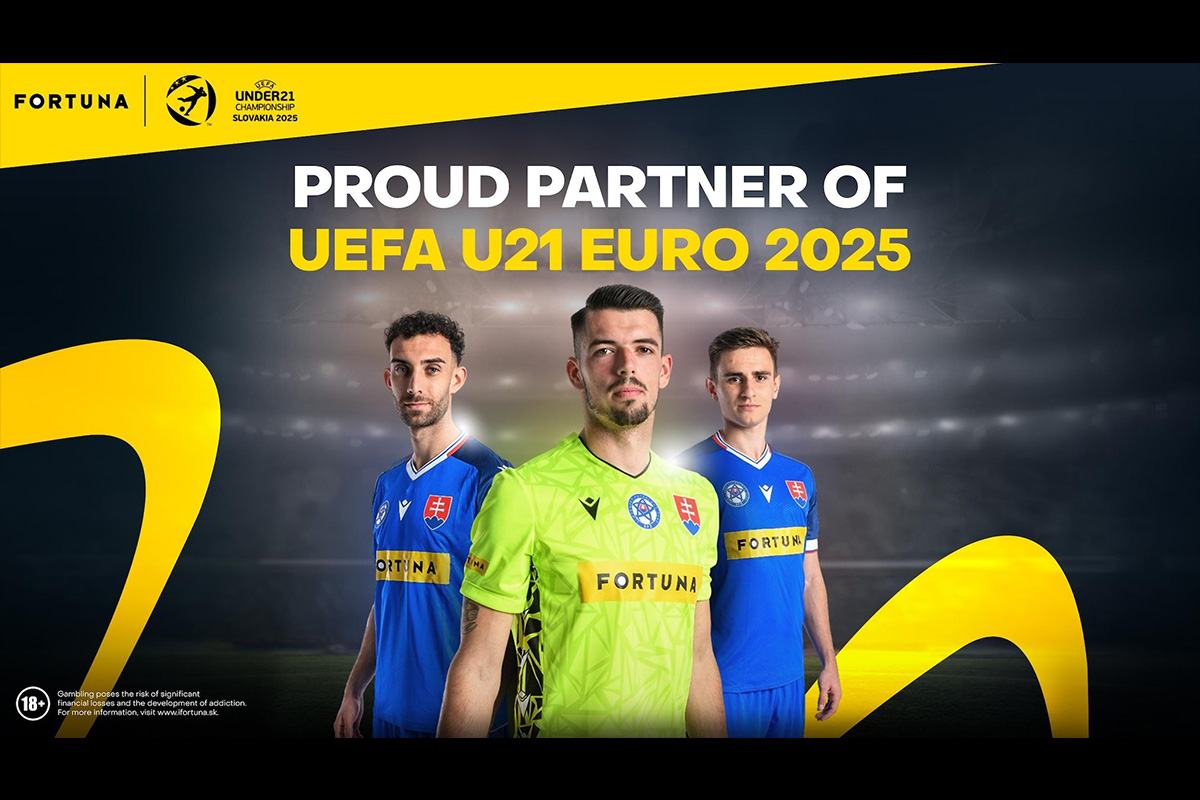
 Latest News3 months ago
Latest News3 months agoFortuna Partners with 2025 UEFA Under-21 EURO
-
Latest News3 months ago
Esports World Cup Foundation Confirms Full Game Lineup, Schedule, and Club Championship Rules for EWC 2025
-

 Latest News2 months ago
Latest News2 months agoELA Games Receives Key Nomination at EGR Marketing & Innovation Awards
-
Latest News3 months ago
ACR POKER’S NEXT HIGH STAKES ADVENTURE TAKES PLAYERS TO MONTENEGRO FOR PRESTIGIOUS SUPER HIGH ROLLER SERIES
-
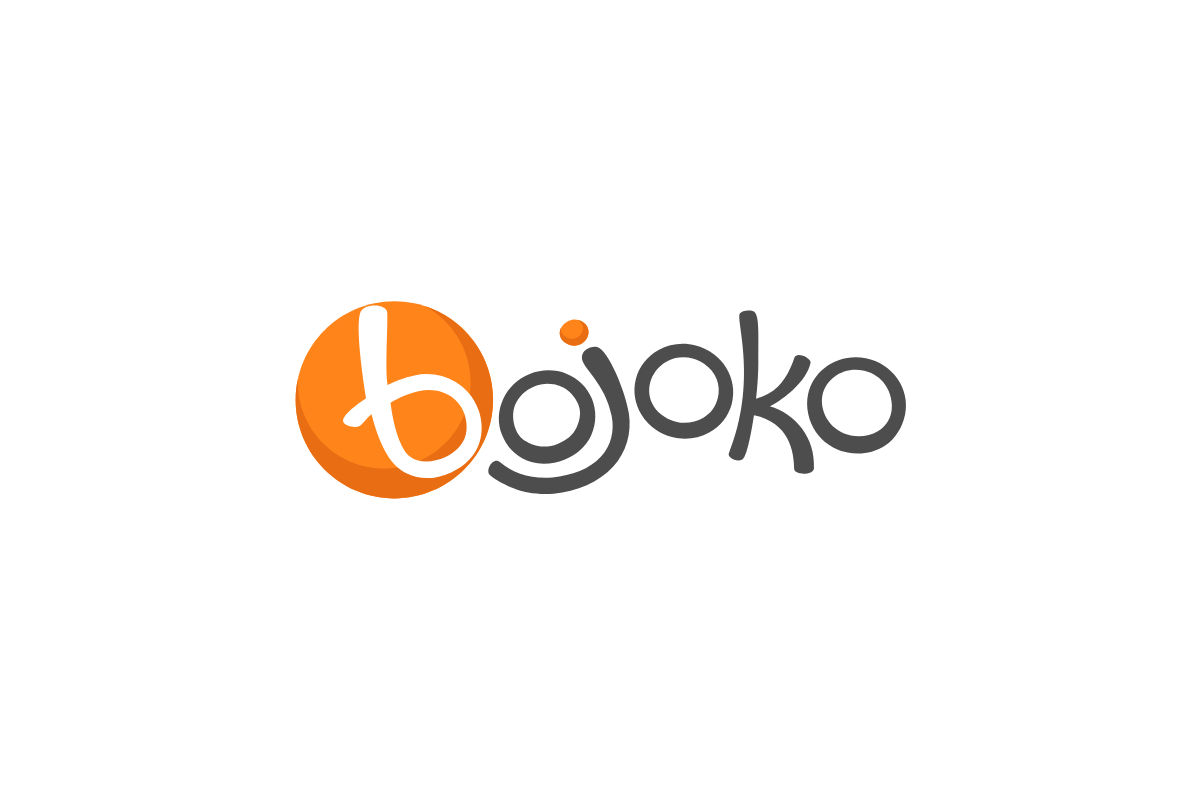
 Latest News3 months ago
Latest News3 months agoBojoko.com Surpasses €100 Million in All-Time Deposits Milestone
-

 Latest News3 months ago
Latest News3 months agoLeoVegas Group to Open a New Office in Leeds
-
Latest News2 months ago
LEGENDS by Fire & Ice: July 1st at The BOX Soho













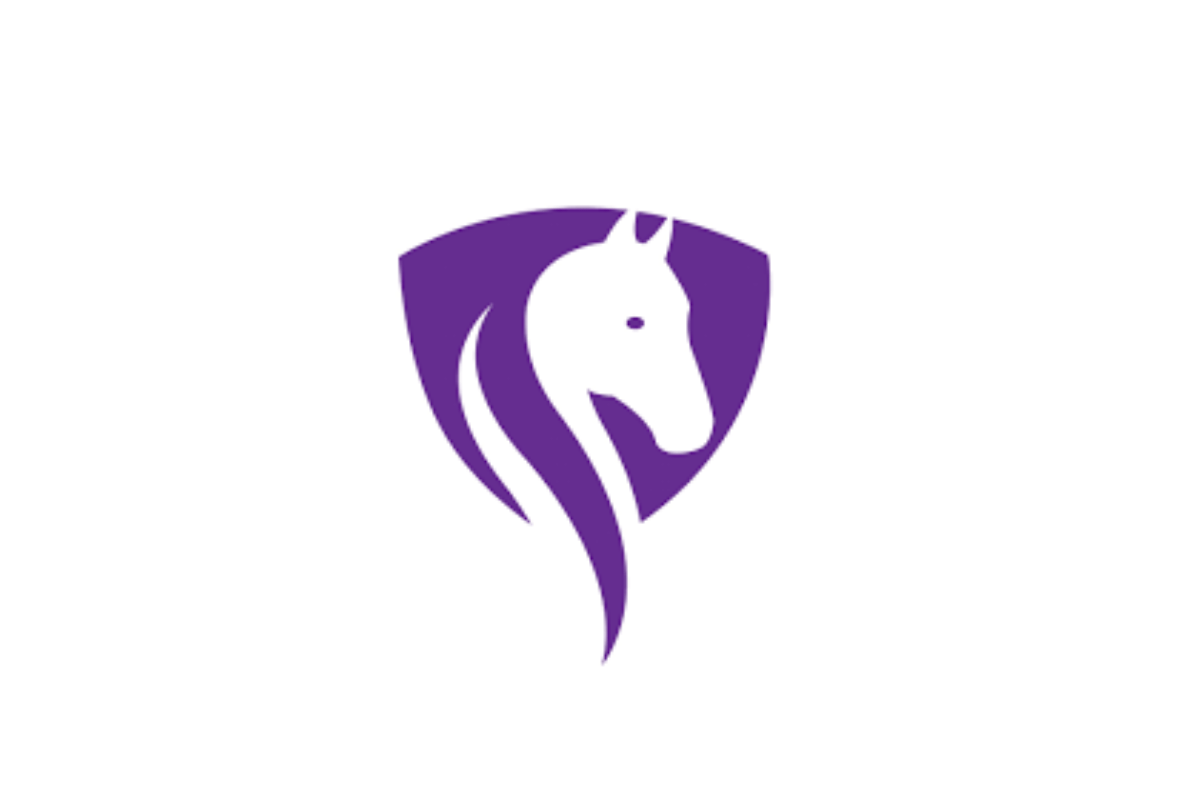


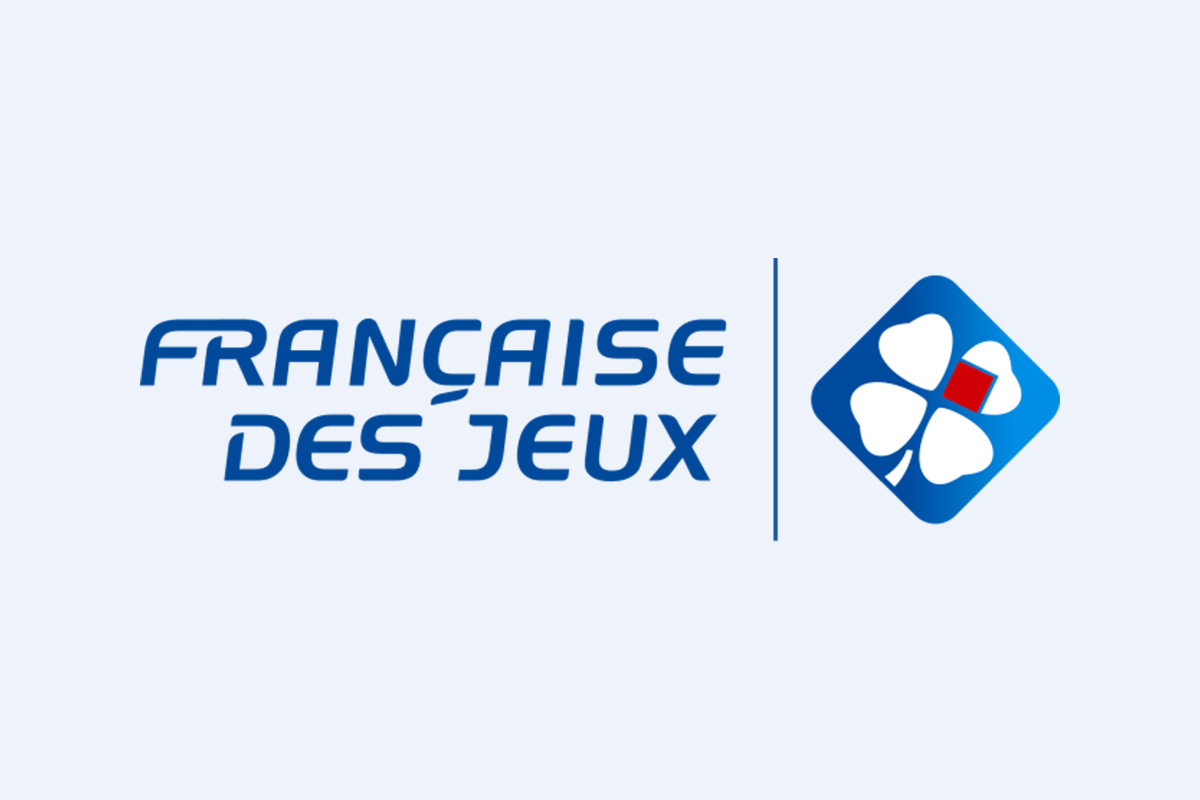
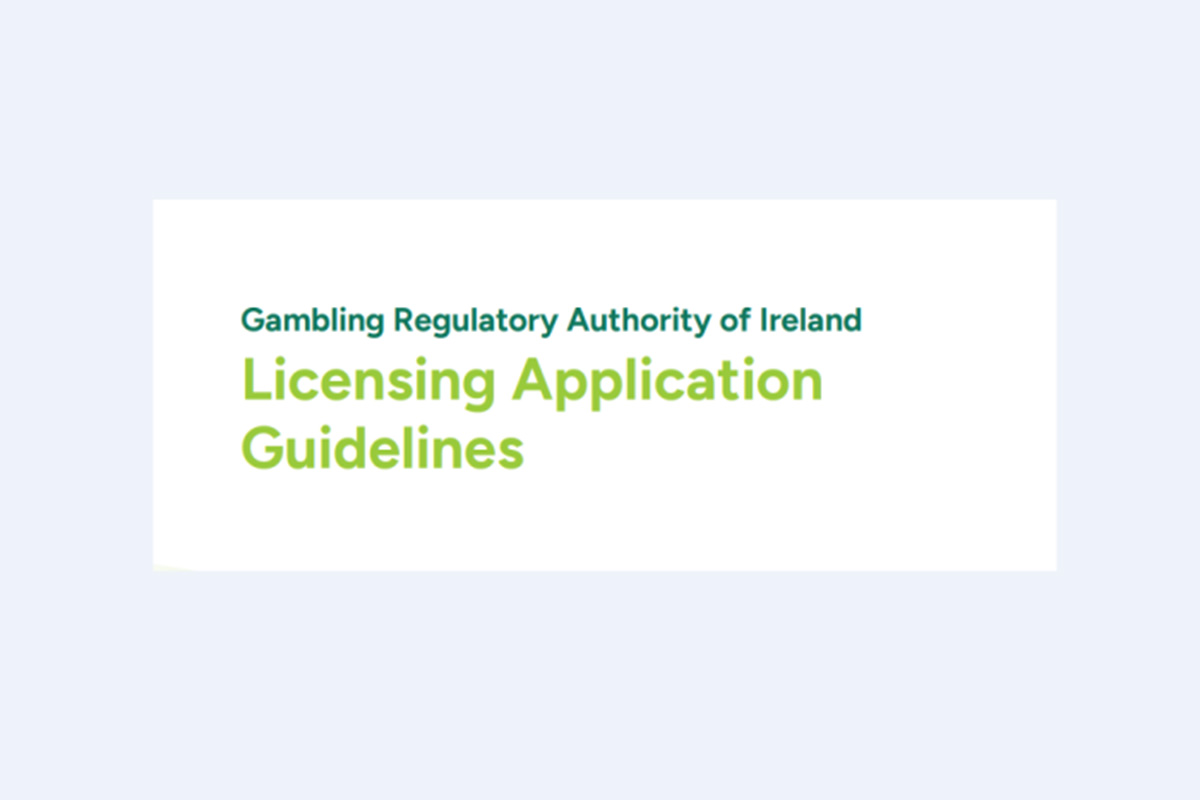

You must be logged in to post a comment Login